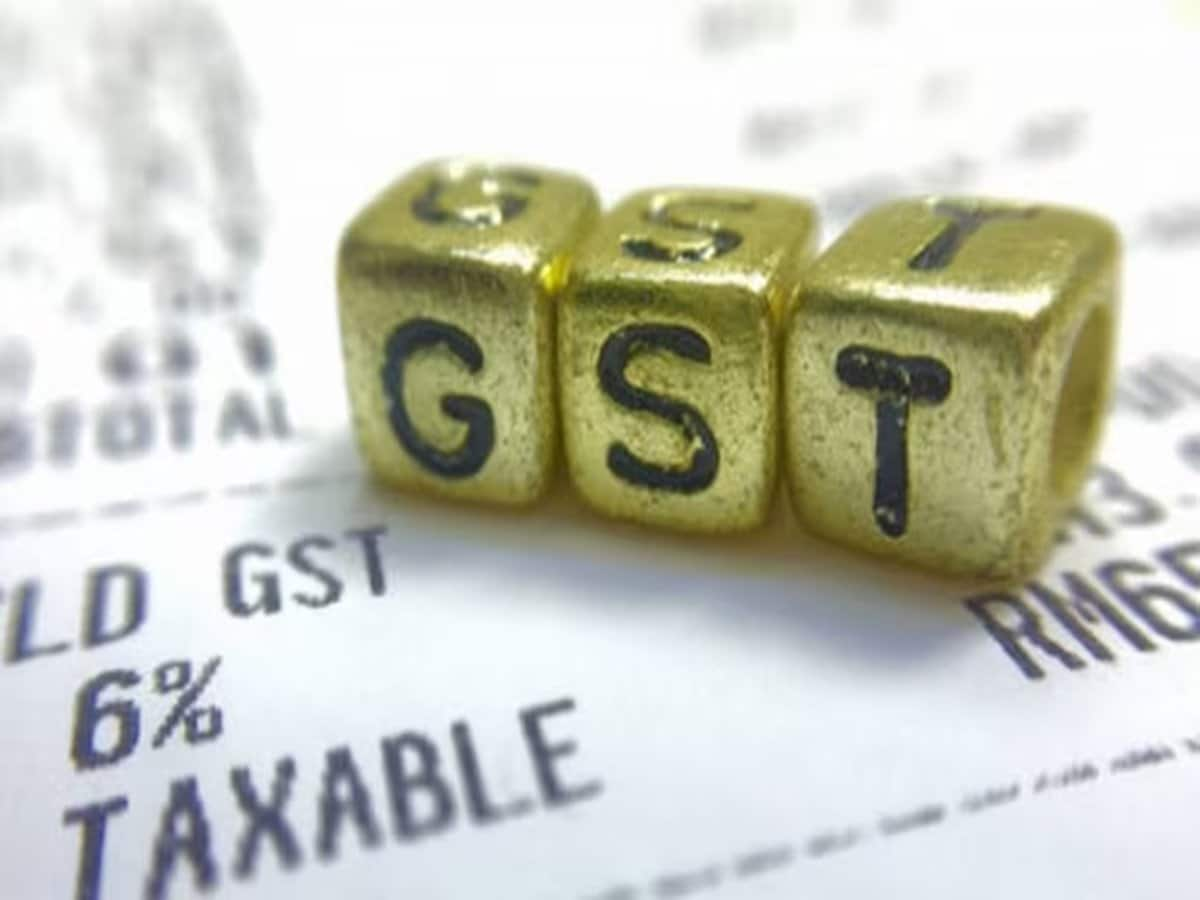Massive GST Evasion Detected in India for FY 2023-24
The Directorate General of Goods and Services Tax Intelligence (DGGI) has reported alarming figures regarding Goods and Services Tax (GST) evasion in the financial year 2023-24. A total of 6,084 cases of tax evasion have been identified, leading to a staggering detection of Rs 2.01 lakh crore—an amount that has doubled from the previous year’s findings, which stood at Rs 1.01 lakh crore detected across 4,872 cases.
Sectors Most Affected by Tax Evasion
Through in-depth investigations, the DGGI has identified several sectors that are particularly vulnerable to tax evasion. The online gaming industry stands out as the sector with the highest incidence of GST evasion, followed by financial services, metallurgy, and raw materials such as iron and copper. The annual report highlights that these sectors represent significant challenges for tax authorities, necessitating closer scrutiny.
Voluntary Tax Compliance on the Rise
Despite the challenges posed by tax evasion, there is a notable increase in voluntary tax payments. In the financial year 2023-24, businesses voluntarily paid Rs 26,605 crore in taxes, a substantial rise from Rs 20,713 crore in the previous year. This trend indicates growing awareness and compliance among some taxpayers, reflecting positively on the overall tax ecosystem.
Evasion Statistics Overview
| Sector | Tax Evasion Amount (Rs crore) | Number of Cases |
|---|---|---|
| Online Gaming | 81,875 | 78 |
| BFSI (Banking, Financial Services, and Insurance) | 18,961 | 171 |
| Iron, Copper, Scrap, and Alloy sectors | 16,806 | 1,976 |
| Pan Masala, Tobacco, Cigarettes, and Bidis | 5,794 | 212 |
| Plywood, Wood, and Paper | 1,196 | 238 |
| Electronic Items | 1,165 | 23 |
| Marble, Granite, and Tiles | 315 | 235 |
Geographical Distribution of Tax Evasion
The data reveals significant regional disparities in GST evasion across India. Mumbai topped the list with Rs 70,985 crore in tax evasion, followed by:
- Delhi: Rs 18,313 crore
- Pune: Rs 17,328 crore
- Gurugram: Rs 15,502 crore
- Hyderabad: Rs 11,081 crore
Types of Tax Evasion Practices
The DGGI report indicates that around 46% of the tax evasion cases stem from non-payment of tax, often through clandestine supplies and undervaluation strategies. Additionally, 20% of cases involve fraudulent claims for input tax credit (ITC), while 19% are attributed to the misuse or non-reversal of ITC. These insights underscore the need for continued vigilance and more stringent enforcement measures from tax authorities.
Conclusion
The alarming rise in GST evasion presents a pressing challenge for India’s tax administration. While the increase in voluntary tax contributions is commendable, it is essential for officials to tackle the sectors most guilty of evasion with enhanced scrutiny and tighter regulations. By fostering a culture of compliance and transparency, the government can bolster its efforts to collect rightful taxes and improve the overall economic landscape.











